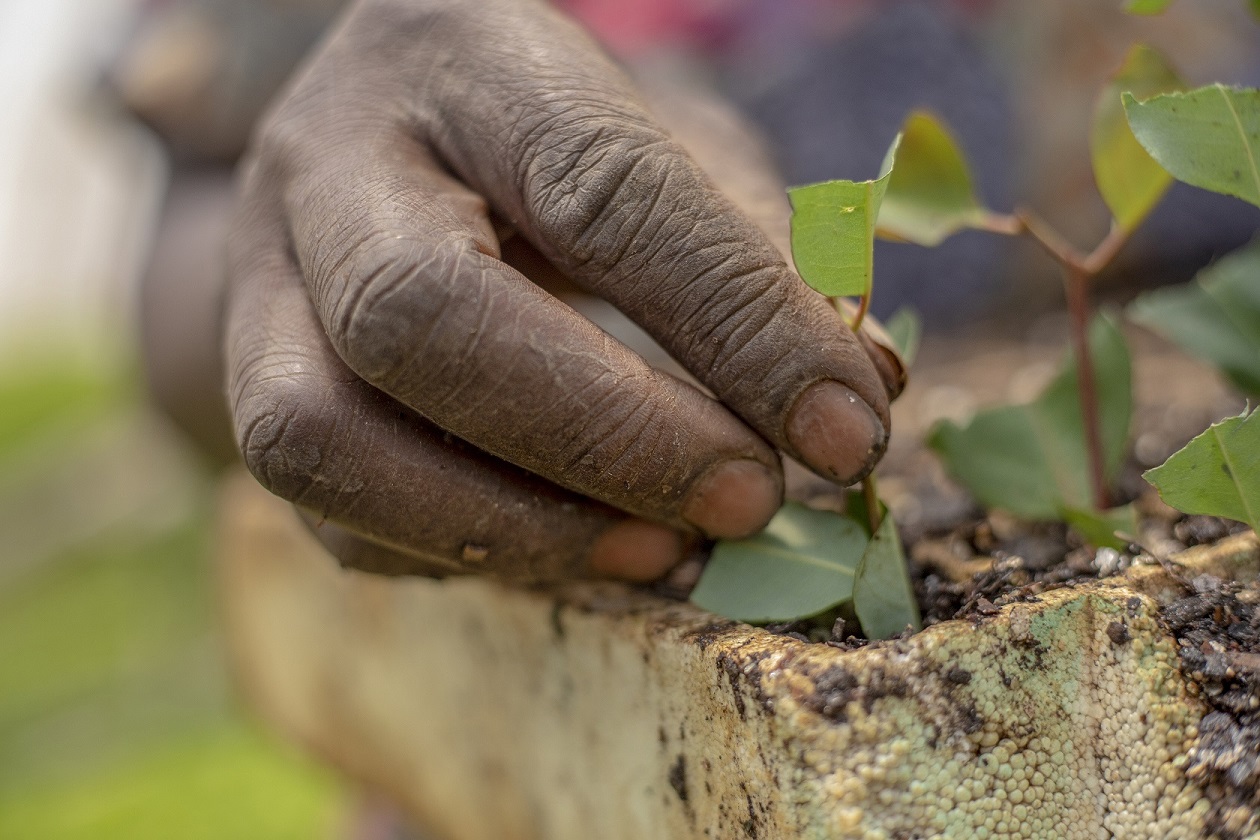COVID-19: Horticulture farmworkers cry out for help
Annabella Nyoni is a 44-year-old mother of three, who works at a horticulture estate just outside Harare. The estate produces mainly roses for export. We interviewed her end of January 2020 and followed up three months later on her journey.
Her oldest child is a pre-teen doing grade 7; the middle child is doing grade 3 while the last is in pre-school. Her monthly wage is $426 (USD12) but after paying her dues to the trade union, she takes home $360 (USD 10,50). She has lost US$5 to inflation since the beginning of January when her wage was worth US$17.
“It is simply not enough. I cannot afford to supplement the 10kg of corn meal and the packet of beans I get monthly from the employer. My children sometimes go to school without having breakfast. They need porridge in the morning but we can rarely afford to have that throughout the month. The corn meal we get we try to have two meals a day and to brew ‘maheu’, a drink we make by adding malt to corn meal and letting it ferment. It’s our only refreshment,” she said with a cynical smile
Annabella works six days a week and on the seventh, instead of resting, she goes into the nearby suburbs to seek piece jobs. Most women in their compound do the same for survival. Most households on the farm are headed by single mothers, she said.
“I regularly do laundry for families living in the suburbs. I do not get much because even those families are also struggling; but I get enough to buy soap for mine and my children’s use. Some families are generous enough to give me packets of salt and sugar.” She said.
But that was before the outbreak of the COVID-19 pandemic that began marauding through the world leaving death and destruction in its wake.
“We have been taught about COVID-19. We were given two masks each and a hand sanitizer. The masks are washable so at lunch, we wash the one and put on the other and so on. We’ve also been taught about social distancing and we’re observing that on the workshop floor but it is not easy. We work in a chain, one doing one thing and handing over the flowers to the next person, so it becomes impossible to maintain social distancing throughout the day,” she explained.
However, her major challenge is that she can no longer go to the suburbs to earn extra income, because of the lockdown.
A horticulture estate owner Edwin Moyo of Mitchell and Mitchell in Mashonaland East who spoke to Hivos said: “Though we are in total lockdown, we’ve put in place measures to ensure that all our farms are corona-virus compliant – meaning measures have been put in place to prevent infection. These are lockdowns of our farmworkers in each compound. No movement is allowed in and out of the farms.”
Annabella said though the measures are necessary, they have their pros and cons.
“We’re all afraid of COVID-19, but we’re also afraid of starvation. Without additional income we won’t survive. The boss gives us food hampers every month end but they’re hardly enough.”








